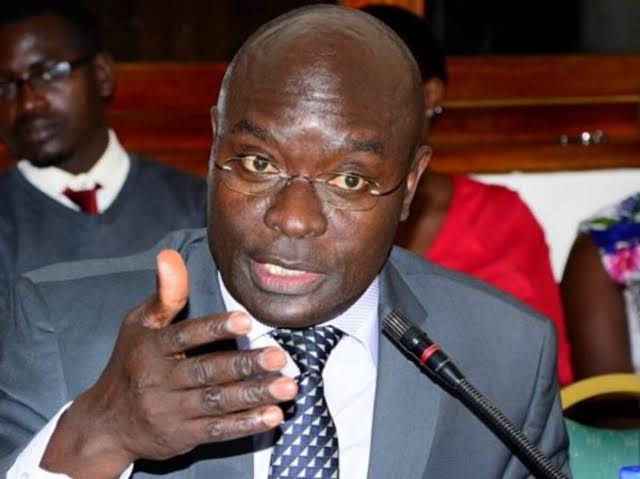The Electoral Commission (EC) has maintained that American Embassy in Uganda is one of more than 1,500 national and international observers that have been accredited to observe the country’s general elections.
The East African nation will tomorrow Thursday go into an election to choose its next set of political leaders including the President, Members of Parliament, LCVs, Mayors and other local council leaders.
The Electoral Commission (EC) made the revelation while responding to U.S Ambassador Natalie E. Brown’s statement she made while announcing the decision to cancel the diplomatic observation of the election.
*Statement by U.S. Ambassador Natalie E. Brown*
It is with profound disappointment that I announce U.S. Mission in Uganda’s decision to cancel our diplomatic observation of Uganda’s January 14 elections due to the decision by the Electoral Commission of Uganda to deny more than 75 percent of the U.S. election observer accreditations requested. With only 15 accreditations approved, it is not possible for the United States to meaningfully observe the conduct of Uganda’s elections at polling sites across the country.
Despite multiple requests, the Electoral Commission provided no explanation for its decision, which it communicated mere days before the elections. The purpose of a diplomatic observation of elections is to demonstrate our interest in a free, fair, peaceful, and inclusive electoral process. Diplomatic observers are not participants or advisors in the electoral process. Rather, they informally observe the conduct of elections, following strict standards of impartiality, non-interference, and compliance with local laws. The Government of Uganda has supported such U.S. observer efforts in multiple previous Ugandan elections. This makes the decision now to deny accreditation to all but a small, randomly selected handful of our observers all the more troubling.
As we have stated previously, the United States takes no side in Uganda’s upcoming elections. We support a free, fair, peaceful, and inclusive electoral process. For Uganda’s 2016 elections, the U.S. Mission dispatched 88 diplomatic election observers. For the January 14 election, the U.S. Mission complied with all Electoral Commission accreditation requirements, as we had in previous elections in Uganda, but the vast majority of our requests for 2021 were not approved.
We are further concerned by reports that the Electoral Commission has denied accreditation requests from members of other diplomatic missions and large numbers of Ugandan observers. Numerous civil society organizations planned to observe the elections, but many have not heard back from the Electoral Commission on their accreditation applications. Among those civil society organizations which already had organizational accreditation, the vast majority of their individual observers have not yet – two days ahead of elections – received accreditation badges. Absent the robust participation of observers, particularly Ugandan observers who are answerable to their fellow citizens, Uganda’s elections will lack the accountability, transparency and confidence that observer missions provide. Uganda will also miss the opportunity to benefit from observers’ insights to improve and inform future elections.


